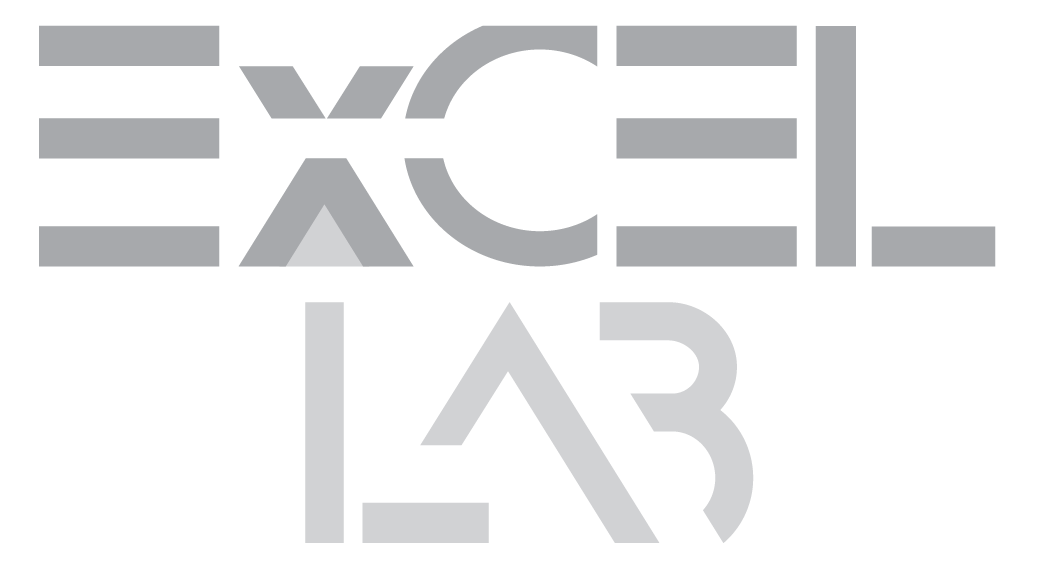How will AI transform what it means to be an expert healthcare professional? This session encourages us to challenge conventional thinking about clinical expertise as AI increasingly participates in diagnosis, treatment planning, and patient care.
Drawing on theories of adaptive expertise and distributed cognition, we'll explore how the foundations of healthcare education need to evolve beyond knowledge accumulation and practiced skills. Instead of simply training clinicians to compete with AI on recall and pattern recognition, how might we prepare them to collaborate effectively with intelligent systems?
We'll investigate what uniquely human capabilities become more valuable in healthcare—empathy, ethical reasoning, and complex decision-making—and how these integrate with AI capabilities. What does this mean for curriculum design, assessment strategies, and clinical teaching?
Join the conversation to explore how health professions educators can prepare the next generation for a world where expertise extends across human-AI partnerships, and where effective patient care emerges from the thoughtful orchestration of both human and artificial intelligence.
Presenter: Jordan Holmes is the Senior Manager of Teaching, Learning & Technology at the Centre for Teaching Support and Innovation at the University of Toronto, and is a PhD candidate in the Health Professions Education Research stream at the Institute of Health, Policy, Management and Evaluation. Jordan’s research interest focuses on exploring team adaptive expertise through the lens of distributed cognition. Jordan has extensive experience in technology and simulation-based health professions education, including instructional design, faculty development, and education technology implementation. Jordan has a Bachelor’s Degree in Electrical Engineering from McMaster University, a Master’s Degree in education and Digital Technologies from Ontario Tech University, and a clinical and teaching background in Nuclear Medicine and Molecular Imaging Technology.
